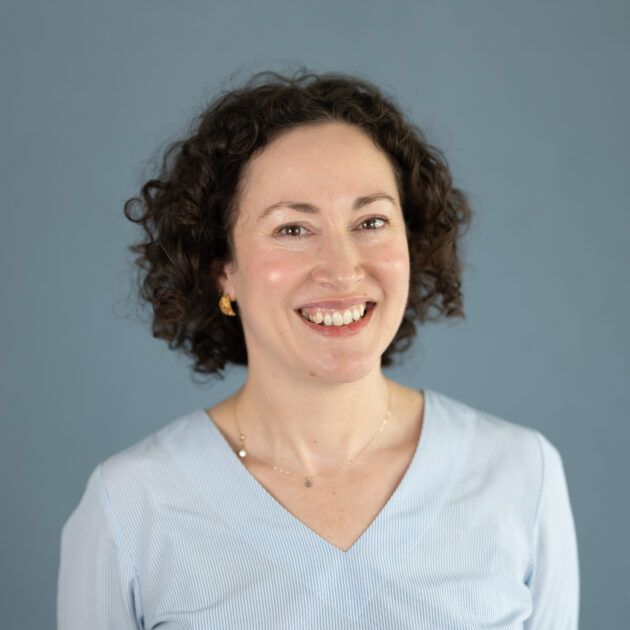
I was privileged to go to Stockholm recently to attend the National Ethics Councils (NEC) Forum, which brings together the ethics councils of EU Member States. The UK remains an honorary member of this forum, despite our exit from the EU.
The agenda was packed with topical and emerging issues including climate change and sustainability, xenotransplantation (where our Chair Dave Archard presented), AI and health and the 14-day rule for invitro embryo culture. The conversation was free flowing, and I was struck by both the commonality of challenge in grappling with the ethical implications of fast-paced emerging science and technology, alongside the generosity of participants in sharing knowledge, contacts and learning.
I spoke at the plenary session: The Role of Ethics Councils in the Changing World, alongside colleagues from Portugal, Denmark and Greece. Despite the fact that the NCOB differs to colleagues in Europe in that we are not a state-commissioned ethics council, we face similar challenges. We are all focussed on demonstrating the value of ethics in policy making, and illustrating how the principles and standards used in biomedical ethics can be adapted to identify and protect values and rights.
We also face challenges within the pace of developments at the interface of bioscience and technology, for example neurotechnology and AI. These sorts of challenges require a greater degree of multidisciplinary analysis to find sustainable solutions for the future. Some ethics Councils in Europe – including Denmark and Greece – are meeting this challenge by expanding and combining committees on bioethics, research ethics and data ethics. It is significant to contrast this with the distributed nature of ethics advice in the UK, with a number of separate independent centres developing. Within data ethics we have the Ada Lovelace Institute, set up in 2018 by the Nuffield Foundation (who also fund us). We share a building with Ada and I suspect there will be growing opportunities to collaborate and build on existing partnerships such as our current work on AI and genomics.
All in all, it was a stimulating two days, brilliantly hosted by the Swedish National Council on Medical Ethics. The greatest value of events like these is the solidarity and connections that they foster, which lead to deeper relationships moving forward. We will be pleased to welcome our French, German and Danish colleagues to the UK over the Autumn to continue this programme of knowledge exchange. We will also focus be focussing on forging closer connections beyond the EU during the coming months and I look forward to attending the Oxford Global Health and Bioethics International Conference later in June.
Related projects
-
Joint project